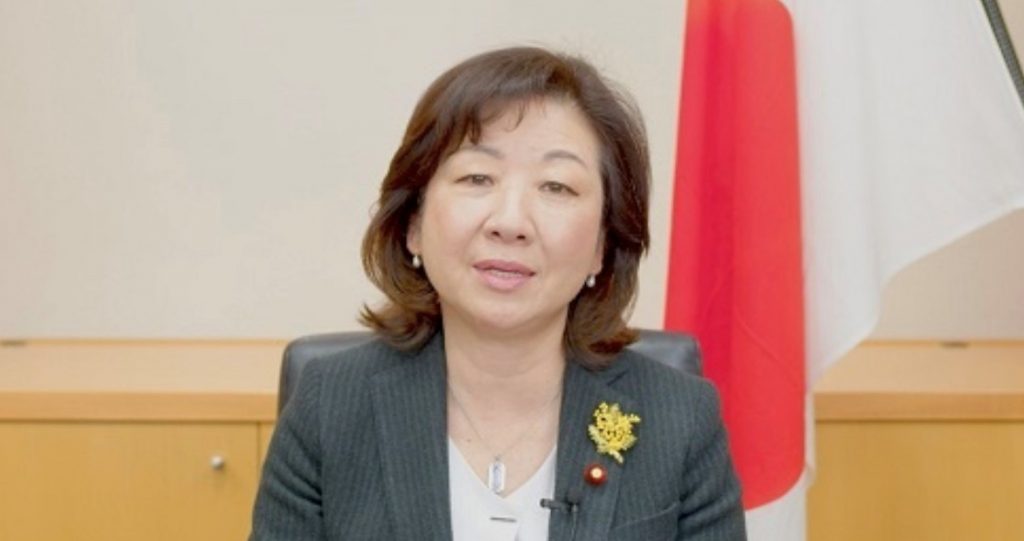
- ARAB NEWS
- 11 Jul 2025

Arab News Japan
TOKYO: Noda Seiko, minister in charge of women’s empowerment, pledged that the entire government of Japan will achieve gender equality as an important and solid policy.
In a special message on the occasion of International Women’s Day, Noda, also minister of state for gender equality, said the pandemic of COVID-19 has had a significant impact on the lives of people, especially women, all around the world. In Japan, she said, women find themselves placed in extremely difficult employment and living conditions.
In the latest Gender Gap Index published by the World Economic Forum, Japan is ranked 120th out of 156 countries, the lowest among developed countries, especially with low scores in the political and economic fields.
Further, a public opinion poll shows that only 21% of respondents answered “equal” to whether men and women are equal in Japanese society as a whole. “As other nations continue running toward gender equality, Japan must also advance its efforts at an unprecedented speed,” Noda said.
As Japan approaches the era of the 100-year life, half of the Japanese women live to be 90 years old. The number of divorces has reached one-third of the number of marriages. The traditional family image where the man works and the woman takes care of the home is already no longer the norm, and women’s lives and the structure of families have diversified, according to Noda.
The Japanese government set up the Fifth Basic Plan for Gender Equality with four pillars to compile the Basic Policies Related to Women. They are “women’s empowerment,” “the realization of a society in which women live with dignity and pride,” “men’s engagement in families and communities,” and “achieving the goals for the appointment of women.”